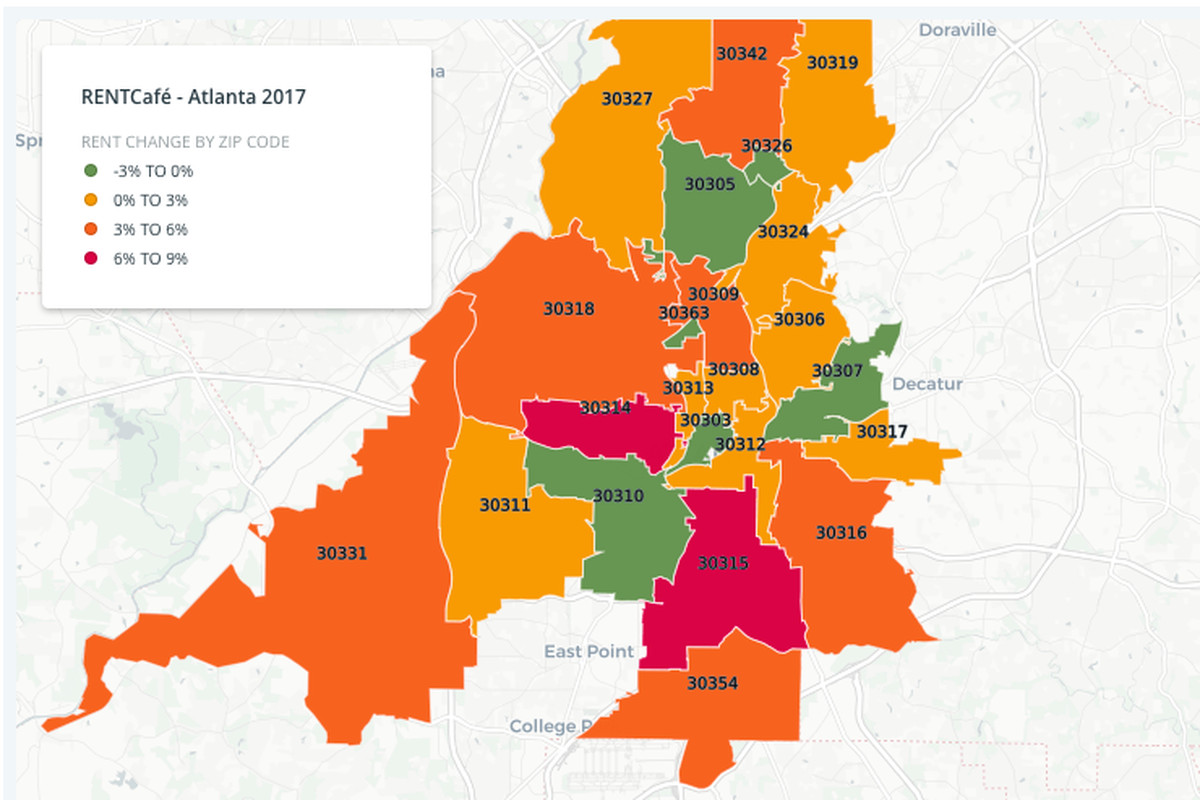Zip codes play a crucial role in our daily lives, helping us determine locations, improve mail delivery, and even streamline online shopping. Whether you need to verify a zip code for a specific address, find a location using a zip code, or learn about the importance of zip codes, this guide will provide you with everything you need to know.
What is a Zip Code?
A zip code (Zone Improvement Plan code) is a series of numbers assigned to a specific geographic area to simplify mail delivery. It was introduced by the United States Postal Service (USPS) in 1963 to improve efficiency. Over the years, zip codes have evolved to serve various purposes beyond postal services.
Importance of Checking Zip Codes
Checking zip codes is essential for several reasons:
- Accurate Mail Delivery – Ensuring the correct zip code prevents mail from being misdelivered or delayed.
- Location Identification – Businesses and customers can use zip codes to identify serviceable locations.
- E-commerce Transactions – Online retailers use zip codes to determine shipping rates and availability.
- Emergency Services – Zip codes help emergency responders locate areas quickly.
- Demographic Analysis – Businesses use zip codes to analyze target markets and plan expansions.
How to Check a Zip Code?
There are multiple ways to check a zip code, depending on your needs:
1. Online Zip Code Lookup Tools
Several online tools and websites allow you to check a zip code by entering an address or city name. These tools provide accurate and updated information.
2. USPS Zip Code Lookup
The official USPS website offers a zip code lookup service where users can find zip codes based on street addresses.
3. Google Search
Typing an address or city name followed by “zip code” in Google can yield quick results.
4. Mobile Applications
Many mobile apps offer real-time zip code checking and mapping features.
Common Issues When Checking Zip Codes
1. Multiple Zip Codes for One City
Many cities have multiple zip codes assigned to different areas, making it necessary to verify the specific location.
2. Changes in Zip Codes
Zip codes can change due to city expansions, new developments, or administrative adjustments.
3. Incorrect Zip Code Entries
Mistyping or entering an incorrect zip code can lead to delays in deliveries or errors in location-based services.
Zip Codes and Their Role in E-commerce
For online businesses, zip codes are essential for shipping, pricing, and location-based marketing.
- Shipping Costs Calculation – Many retailers determine shipping fees based on zip codes.
- Availability of Services – Some services, like grocery delivery, depend on zip codes to check serviceability.
- Fraud Prevention – E-commerce websites use zip codes to verify billing addresses and prevent fraud.
How Zip Codes Affect Real Estate and Business Decisions
Real estate investors and businesses rely on zip codes for various strategic decisions.
- Home Pricing Trends – Zip codes influence property values and housing market trends.
- Business Expansion – Companies use zip codes to decide where to open new stores or offices.
- Marketing Campaigns – Targeted marketing campaigns often segment audiences based on zip codes.
International Zip Code Systems
While zip codes are widely used in the United States, other countries have similar postal code systems:
- United Kingdom – Uses postal codes with letters and numbers (e.g., SW1A 1AA for London).
- Canada – Uses alphanumeric postal codes (e.g., M5V 3L9).
- India – Uses PIN codes (e.g., 110001 for New Delhi).
- Australia – Uses four-digit postal codes (e.g., 2000 for Sydney).
The Future of Zip Codes
With technological advancements, zip codes are evolving to include:
- Geospatial Data Integration – Zip codes are being integrated with mapping and GPS technologies for better accuracy.
- Dynamic Zip Codes – Some businesses use flexible zip codes based on demand and delivery zones.
- Enhanced Security Features – Digital verification systems use zip codes for authentication in financial transactions.
Conclusion
Checking a zip code is more than just a postal necessity—it influences logistics, business operations, security, and location-based services. Whether you’re verifying an address, planning a delivery, or analyzing market trends, understanding zip codes can make a significant impact.
Stay informed and use reliable tools to check zip codes accurately whenever needed!
